China's commerce ministry announced on Sunday that it has lifted export controls on computer chips vital to car production, granting exemptions to exports made by Chinese-owned Nexperia for civilian use. This move should help carmakers who had feared production in Europe would be hit due to the restrictions. The exemptions were made in response to the Dutch government's takeover of Nexperia, which is based in the Netherlands but owned by the Chinese company Wingtech, in October to safeguard the European supply of semiconductors for cars and other goods.
According to Reuters, China had blocked exports of Nexperia's finished chips in response to the Dutch government's move. However, the country said earlier this month that it would begin easing the ban as part of a trade deal struck between Beijing and Washington. The deal, agreed upon in October, aims to reduce tariffs on each other and pause other measures for a year.
The move marks an easing of trade tensions between Beijing and Washington, and it is seen as a positive step for the global semiconductor industry. "This is a welcome development for the industry," said a spokesperson for the Semiconductor Industry Association. "We hope that this will lead to further easing of trade tensions and a more stable supply chain for our members."
The exemptions granted to Nexperia's exports are significant, as the company is a major supplier of semiconductors to the European automotive industry. The Dutch government's takeover of Nexperia was aimed at preventing a shortage of semiconductors in Europe, which could have had serious consequences for the automotive industry.
The move also comes as China has paused an export ban to the US of some materials that are crucial in the semiconductor industry. Additionally, the country has suspended port fees for American ships, further easing trade tensions between the two nations. The developments are seen as a positive step towards reducing tensions between Beijing and Washington.
The implications of this move are significant, as it could lead to a more stable supply chain for the global semiconductor industry. It also highlights the importance of trade agreements and diplomacy in resolving trade disputes. As the global economy continues to evolve, it is likely that trade tensions will remain a major issue, and this move by China is seen as a positive step towards reducing those tensions.
China's commerce ministry has not provided a timeline for when the exemptions will take effect, but it is expected that the move will be implemented soon. The development is seen as a positive step for the global semiconductor industry, and it is likely to have a significant impact on the supply chain for carmakers and other industries that rely on semiconductors.


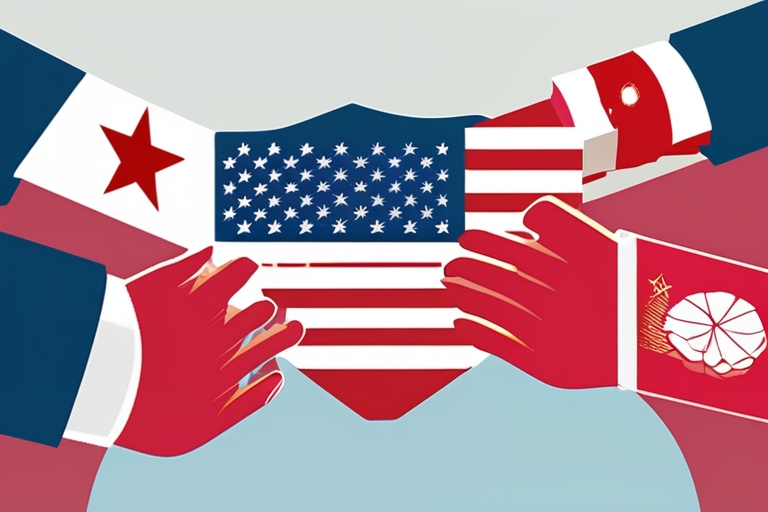
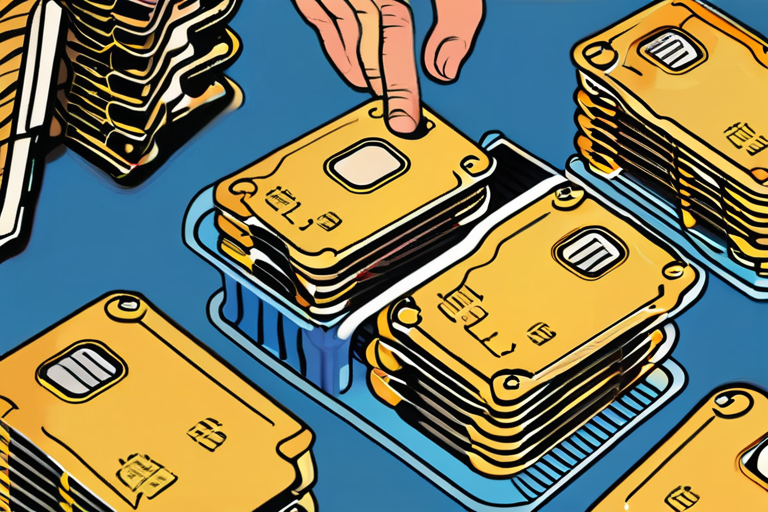
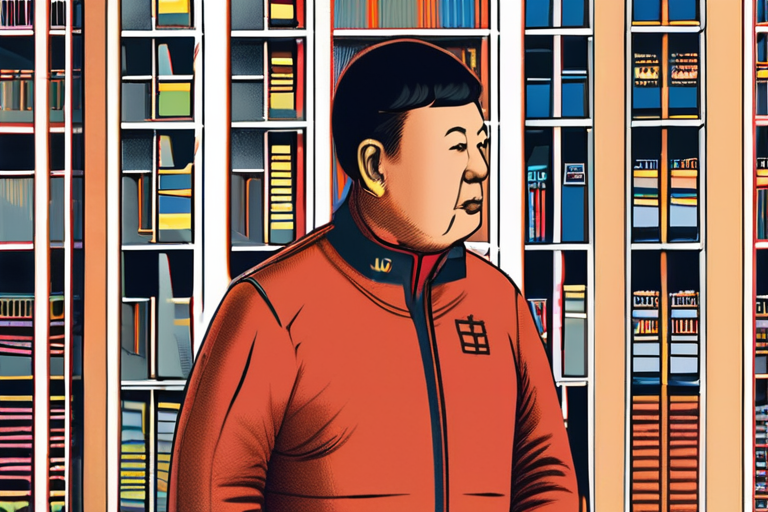

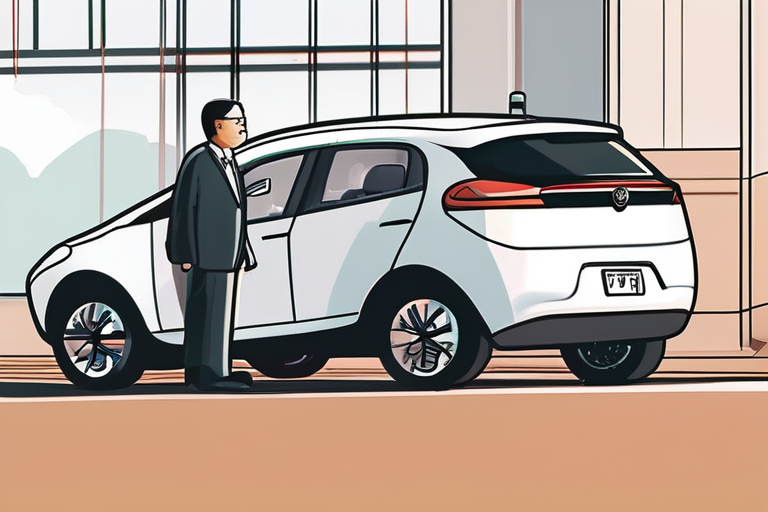
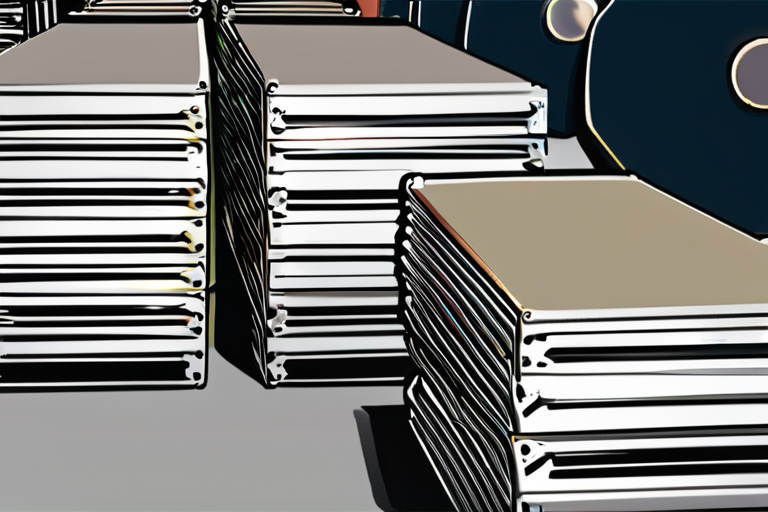

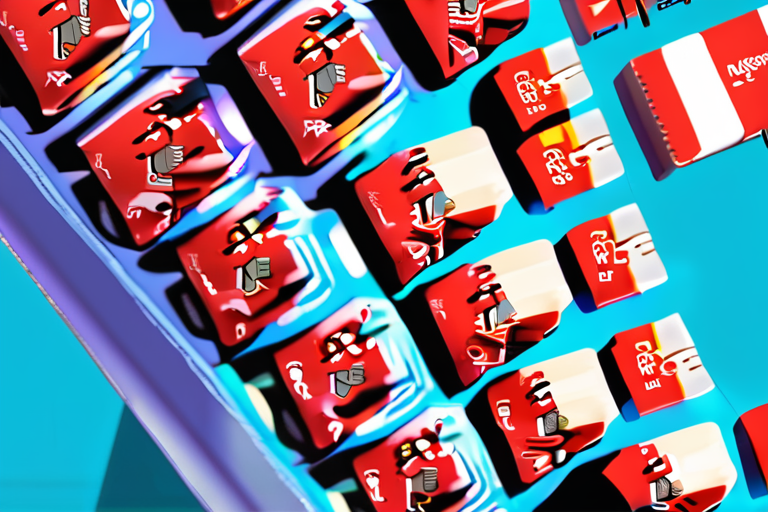


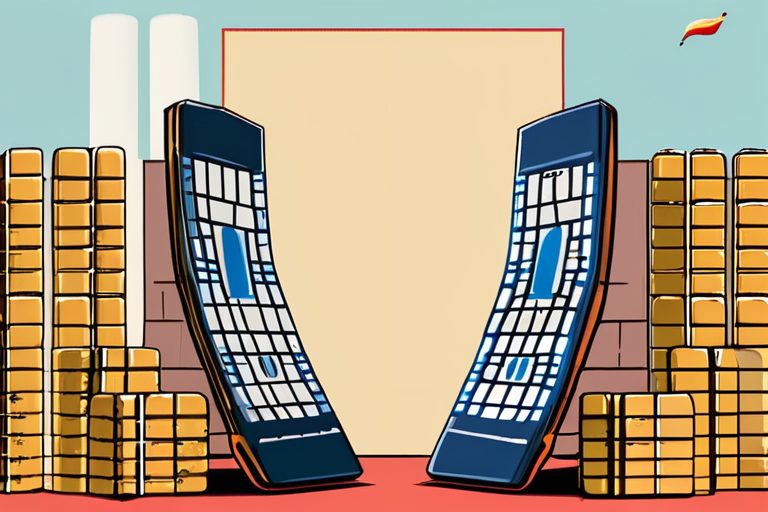
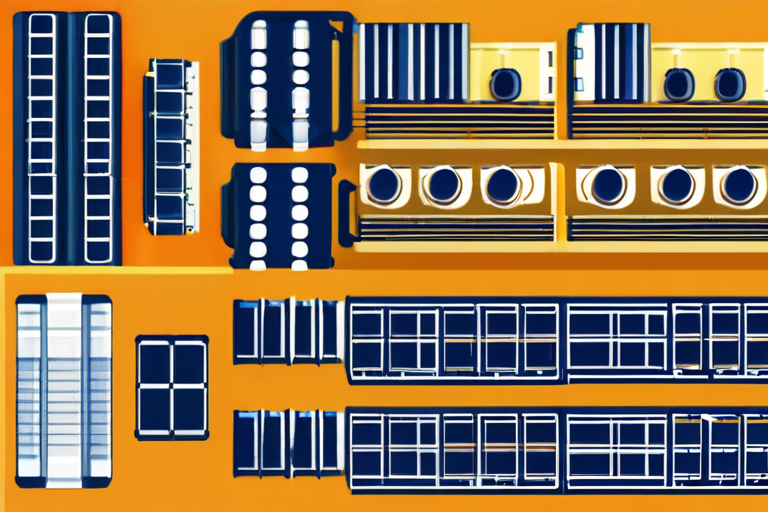

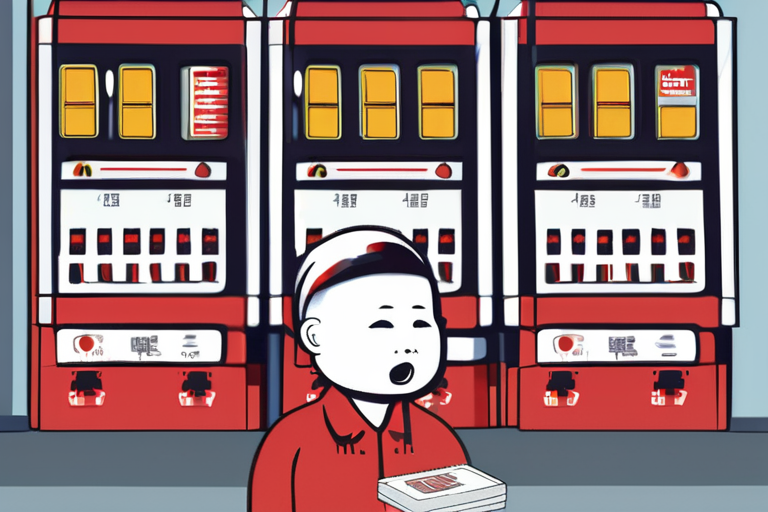
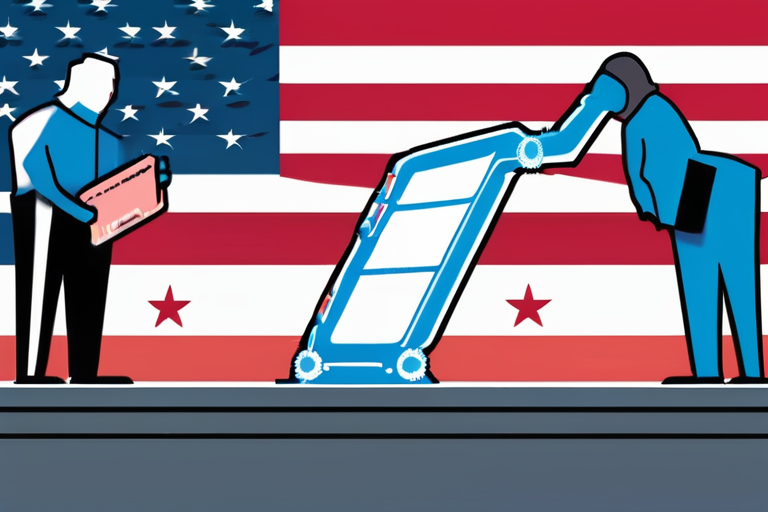
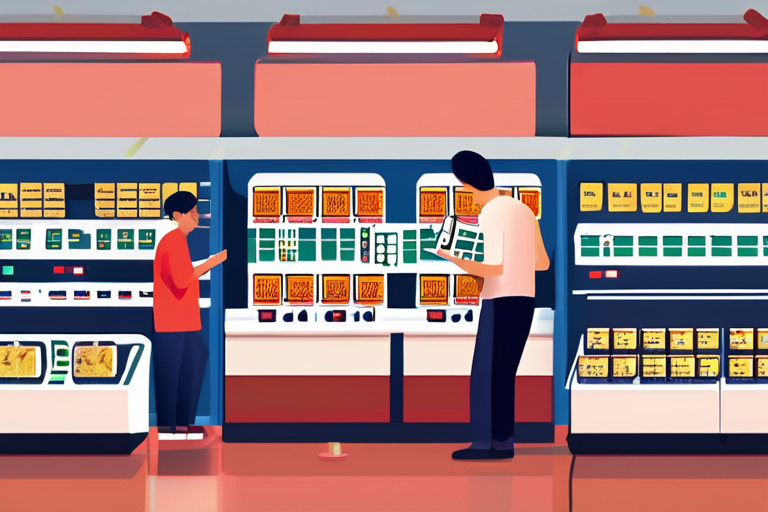
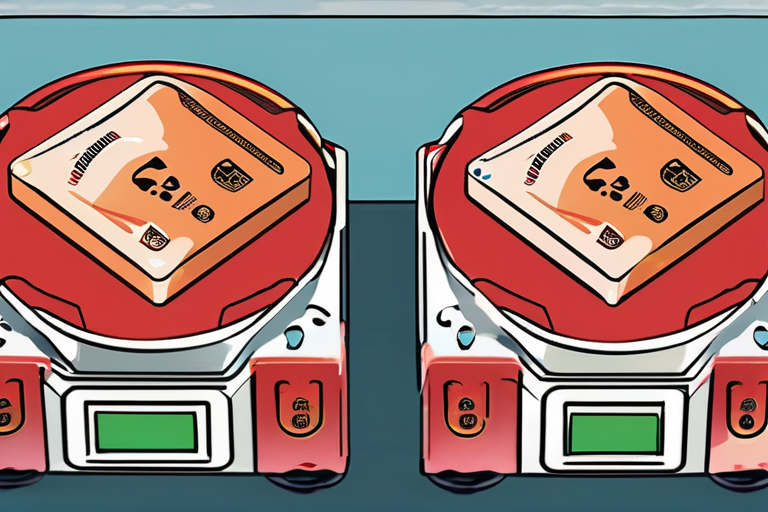

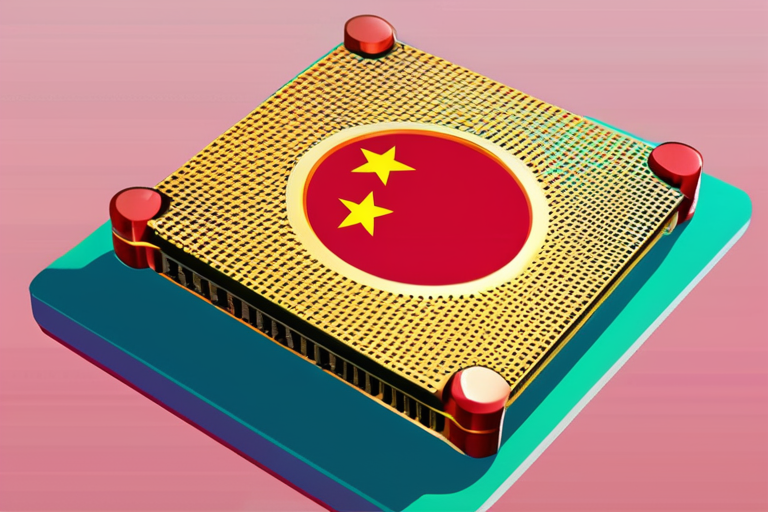
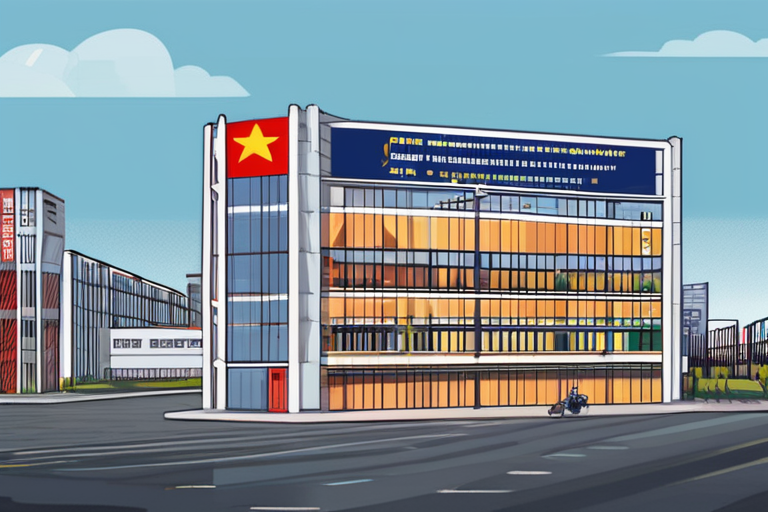
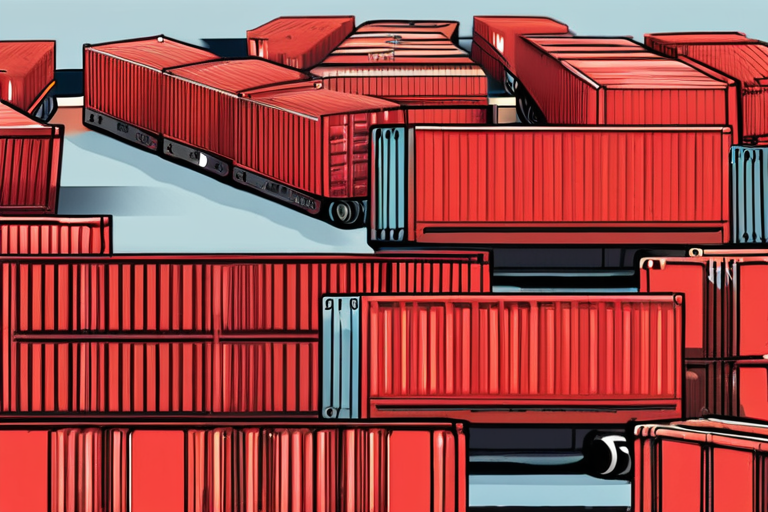
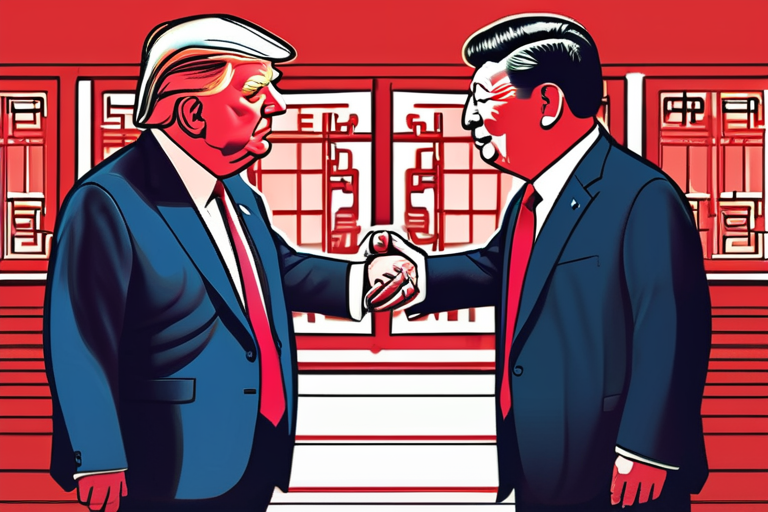
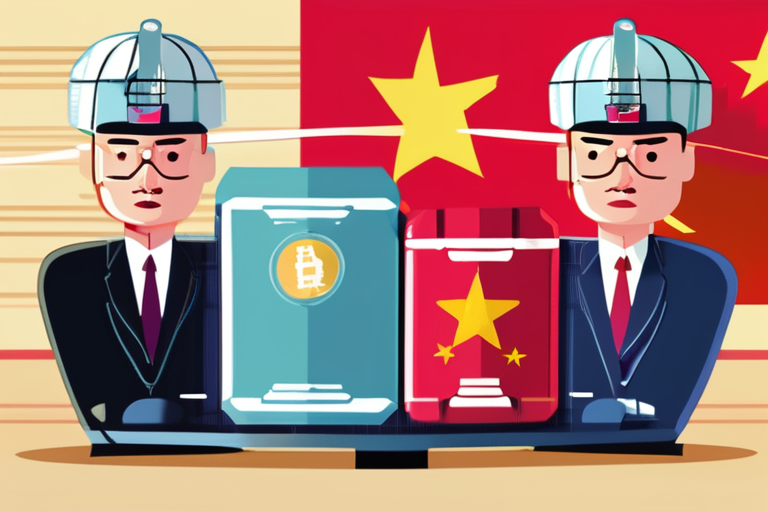
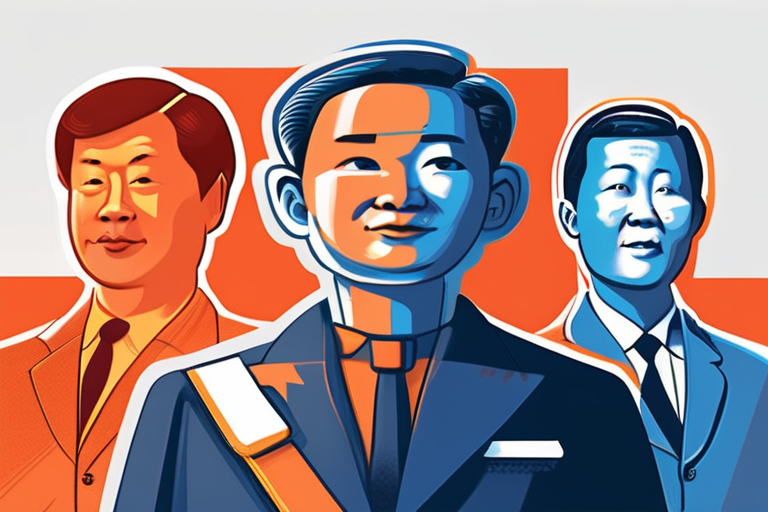
Share & Engage Share
Share this article